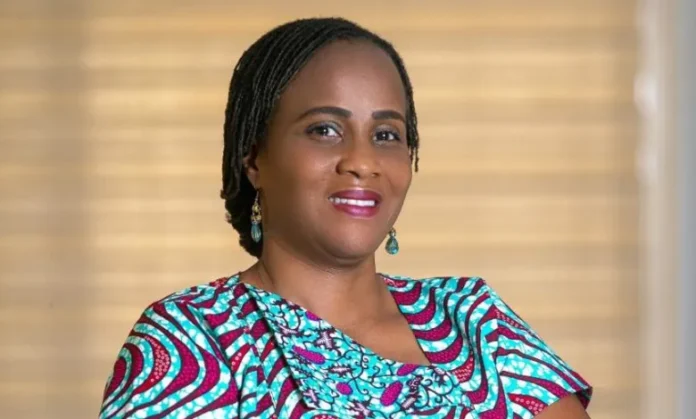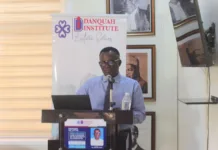
A Civil Society Organization, Danquah Institute has described as legal the Supreme Court ruling on Deputy Speaker’s voting right.
According to the Institute, all laws in the country including the Standing Orders of Parliament are subservient to the 1992 Constitution.
In a statement, the Institute said Article 1(2) of the Constitution, therefore, provides that “This Constitution shall be the supreme law of Ghana and any other law found to be inconsistent with any provision of this Constitution shall, to the extent of the inconsistency, be void.”
“The Supreme Court of Ghana has ruled that Standing Order 109(3) of the Standing Orders of Parliament, which was made pursuant to Article 110(1) of the 1992 Constitution, and which provides that a Deputy Speaker or any other person presiding shall not retain his original vote while presiding, is unconstitutional.
“The full judgment has been made available and we call on all to peruse the judgment to appreciate the rationale for the decision to declare Standing Order 109(3) of the Standing Orders of Parliament unconstitutional,” Danquah Institute reiterated.
The statement continued “We sincerely believe that Ghanaians must be made to understand that no one branch of government under our Constitution (including Parliament) is a law unto its own self. Rather, all are subject to the provisions of the Constitution as has been outlined above.”
The Institute further called on critics on the Supreme Court should be circumspect in their utterances in order not to put the judiciary in a bad light.
“In as much as we recognize the right of individuals to constructive criticisms and intellectual debates, it is our respected view that all of such should be made with decorum and respect and devoid of scandalizing the sanctity of the very arm of Government (Judiciary) that serves as the resort for people seeking justice,” Danquah Institute added.
Source: Ghana/Starrfm.com.gh/103.5FM




